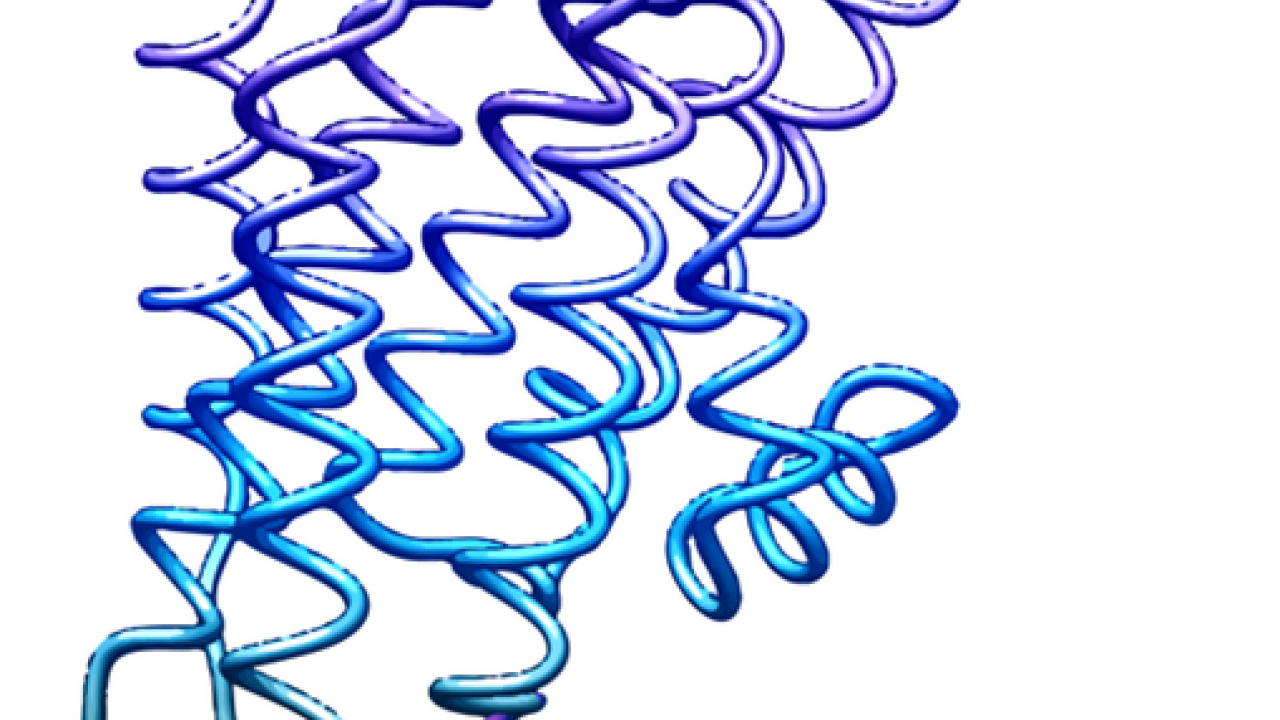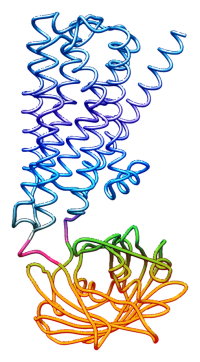
A Novel Biosensor for Determining Hallucinogenic Potential
In a recent Cell publication, the Olson and Tian Labs describe psychLight—the first biosensor capable of measuring hallucinogenic potential. They then used the sensor to identify AAZ—a non-hallucinogenic analog of psychedelics that produces sustained antidepressant-like effects after a single administration.
A genetically encoded sensor to detect hallucinogenic compounds has been developed by researchers at the University of California, Davis. Named psychLight, the sensor could be used in discovering new treatments for mental illness, in neuroscience research and to detect drugs of abuse. The work is published April 28 in the journal Cell.
More information at https://authors.elsevier.com/c/1c~G3L7PXez-V
Check out the UC Davis press release at https://www.eurekalert.org/pub_releases/2021-04/uoc--pst042221.php

